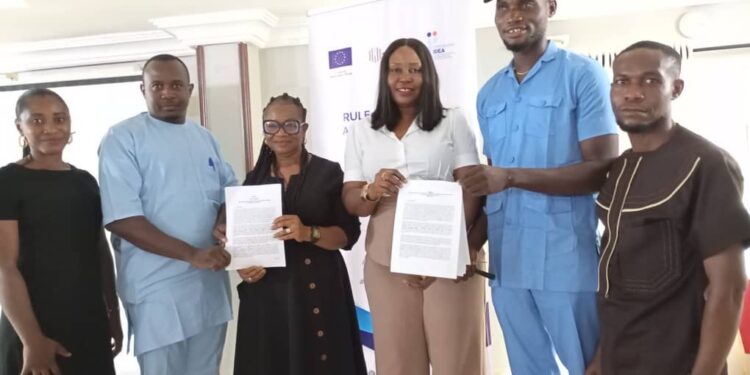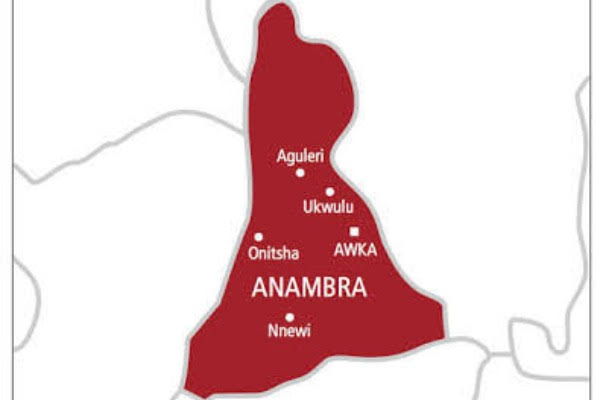Chinedum Treasure
Efforts are on-going to get data of sexual offenders from Anambra State uploaded on the National Sexual Offenders Database to serve as a deterrent especially for serial offenders.
To this end, a one-day meeting entitled “The event themed Strengthening Data Systems and Collaborative Strategies for Effective Sexual and Gender-Based Violence Prevention and Response,” has been held in Nibo, Awka South Local Government Area to get the necessary actors and players drawn from government and non-governmental organizations ready for the task ahead.
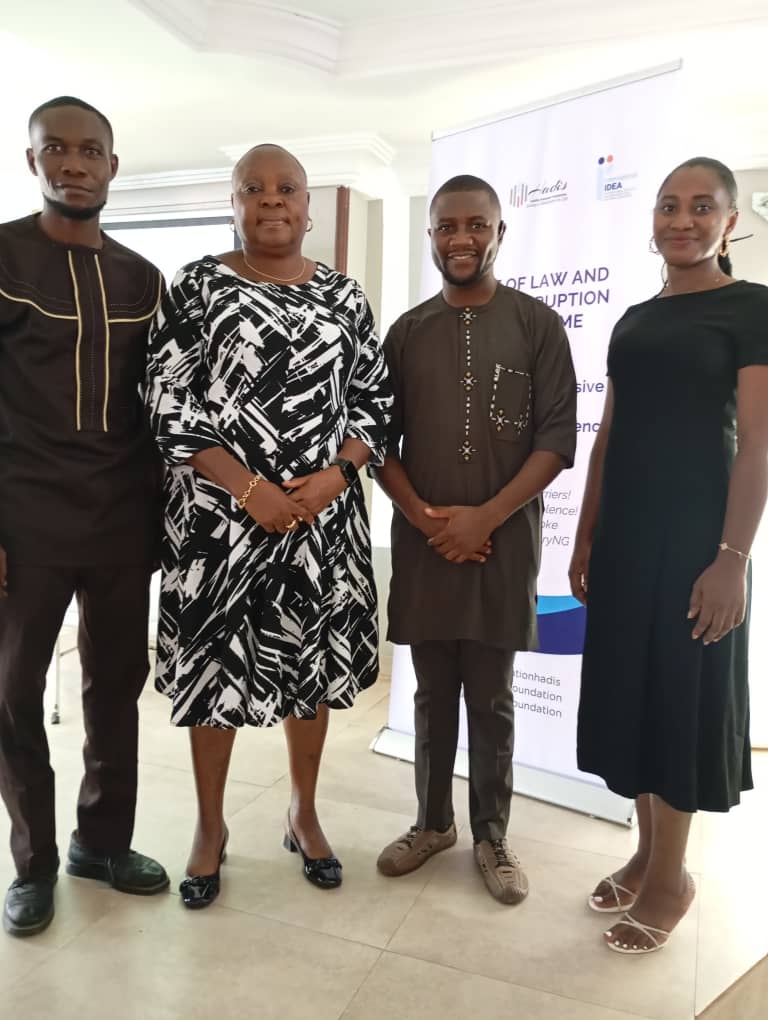
Addressing the meeting, the RoLAC Program Coordinator in the State, Mrs Josephine Onah, described the meeting as part of efforts towards effective implementation of the VAPP law, especially ensuring that the state has a reliable register of sex offenders.
“The sex offenders register is very important for us in the implementation of the VAPP law. We have all experienced, or are witnesses to the fact that people re-offend. There are dangerous serial rapists in our communities. This project is about naming and shaming.

In the Western world, where we keep very serious database, just click a button, the name of the person will pop up. And then the authority will know that. This is not just like an offender, but then that he is a person that has offended and re-offended.
That it is part of the implementation of the violence against persons prohibition law. That is what RoLAC started in the States, and then we are still continuing with that. So, we won’t end at anything other than bringing up several mechanisms through which we will implement this law. Several provisions of the law will be invoked, will be activated, so that if we say we have done it, yes, we will really beat our chest and say that we have actually done it.
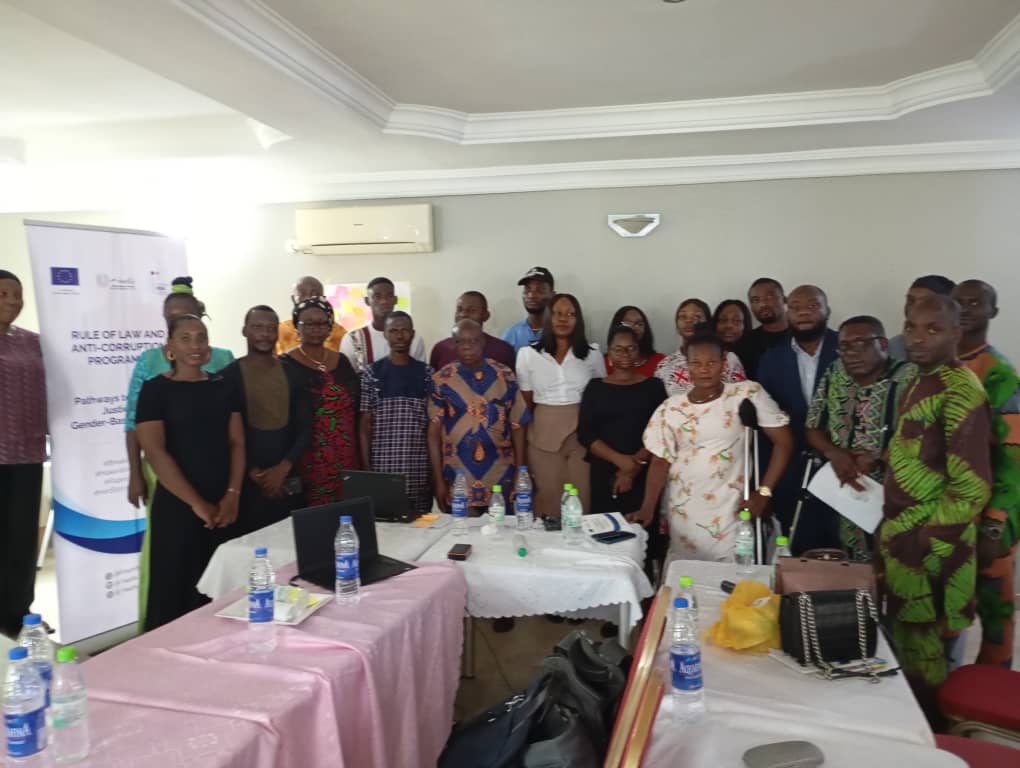
There are still so many milestones to achieve the implementation of this law. We still have the VAPP Commission that we are hopeful will be in place one day. What we have now is a committee holding brief for the commission and it has helped us a lot.
“So, we want to appreciate the actors, the service providers, the CSOs, several organizations that are part of this. Without your effort, we wouldn’t have been where we are today”.
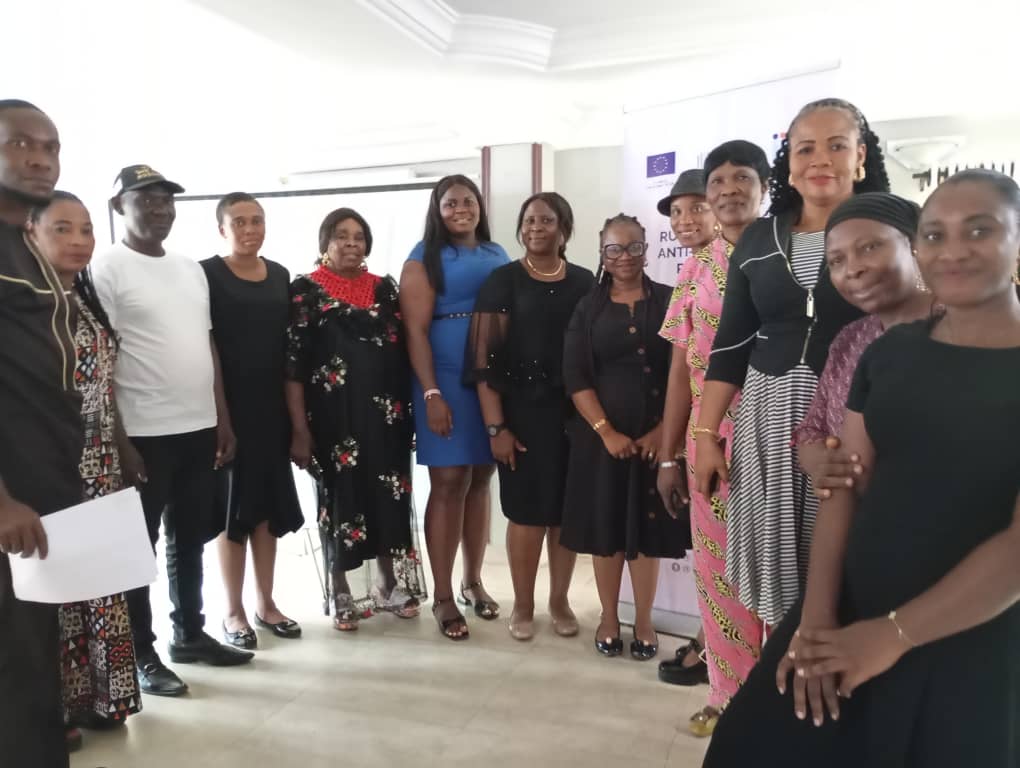
In a presentation, Innocent Kalu, Program Officer, Habiba Dangana Foundation, organisers of the event, regretted that despite the troubling statistics on SGBV from Anambra State, there is little or no data on offenders. “In 2017, there was zero case, zero arrest, zero conviction and zero out of court settlement. Does that mean that throughout 2017, there was no case of sexual or domestic violence in the state? The answer is no.
“But, there was no data. That is what we are here to achieve. We must ensure that data from Anambra state are linked to the National Sexual Offender Database. We are doing this in collaboration with the Ministry of Justice, the anchor organization. They will process the information given to them and upload to the national register. It is a network and all hands must be on the deck.
To achieve that, we will create a High-Level Multi-Agency Team, (HiMAT) and Service Providers Accessibility Resource Committee, (SPACS). HiMAT is governmental organization while SPACS is NGO. Together, we will form a team that will get these data and push them to the National Sexual Offenders Database.
Declaring the event open, the Attorney General and Commissioner for Justice in Anambra State, Professor Silvia Ifemeje, has called for collective efforts towards addressing sexual and gender-based violence, (SGBV) in the state.
Represented by the Director, Public Prosecutions, Nneka Umeozulu, Attorney general noted that SGBV remains a pervasive threat in communities in the state, affecting countless lives and undermining the principles of equality and justice.
“The theme of our training underscores the critical importance of data systems and collaboration in our fight against SGBV. Accurate data is essential for understanding the scope of the problem, identifying trends, and measuring the effectiveness of our interventions.
“Effective prevention and response to SGBV requires collaboration among stakeholders, government agencies, non-governmental organizations, community leaders, and the private sector. By working together, sharing knowledge, and pooling our resources, we can create a multifaceted approach that not only addresses the immediate needs of survivors but also tackles the root causes of the violence,” Ifemeje said.
She explained that the VAPP Law 2017, which prohibits all forms of violence against persons, providing maximum protection and effective remedies for victims and punishments for offenders, is a significant legislation aimed at eliminating violence in public and private life.
“The RoLAC program was and is still very instrumental in the implementation of this law by actively supporting the establishment of the VAPP implementation committee, an improvise for the commission and helping to organize series of capacity building trainings, advocacy and awareness campaigns.
The Research, Monitoring, Evaluation, Accountability and Learning Officer of the organization, Flora Ben-Orlu, also took participants through the National Sex Offenders Register and the necessary processes through which data from Anambra about sex offenders can be captured on the national platform.
The event featured breakout sessions during which participants developed the work plans for robust data collection in the state.

